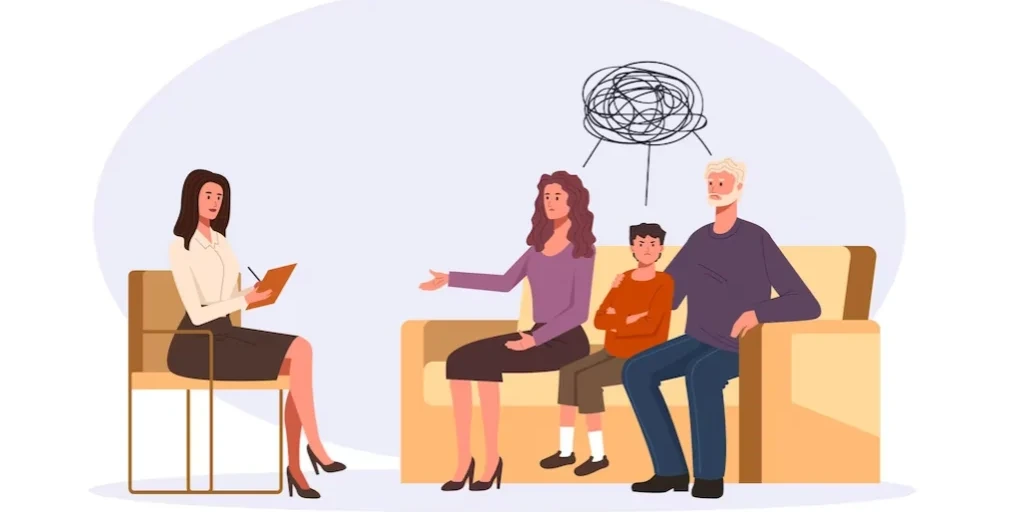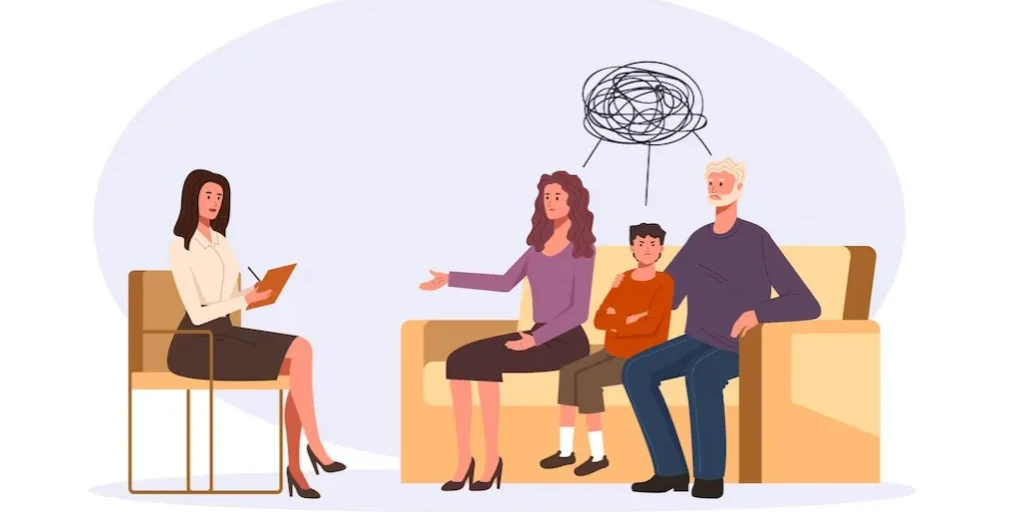24/7 Helpline:
(866) 899-221924/7 Helpline:
(866) 899-2219
Learn more about Eating Disorder Treatment centers in Dryden
Eating Disorder Treatment in Other Cities

Other Insurance Options

Holman Group

Access to Recovery (ATR) Voucher

Multiplan

Health Choice

Magellan Health

Cigna

Magellan

BlueShield

United Health Care

WellPoint

GEHA
Beacon

Providence

UnitedHealth Group

Excellus

Absolute Total Care

Ceridian

WellCare Health Plans

Regence

Evernorth

Lapeer County – Touchstone
Lapeer County Community Mental Health and CMHSP is a public rehab located in Lapeer, MI. Lapeer Coun...

Alcohol Information and Counseling Center
Alcohol Information and Counseling Center is a public organization located in Lapeer, Michigan. Alco...

List Psychological Services
List Psychological Services is a private group practice specializing in behavioral health care; incl...

























































































Concepts in Counseling
Concepts in Counseling is a private rehab located in Lapeer, Michigan. Concepts in Counseling specia...

Alcoholics For Christ – Full Potential Ministry
Alcoholics For Christ - Full Potential Ministry is located in Imlay City, Michigan. Alcoholics For C...

Alcoholics For Christ – Faith Christian Church
Alcoholics For Christ - Faith Christian Church is located in Lapeer, Michigan. Alcoholics For Christ...




































































